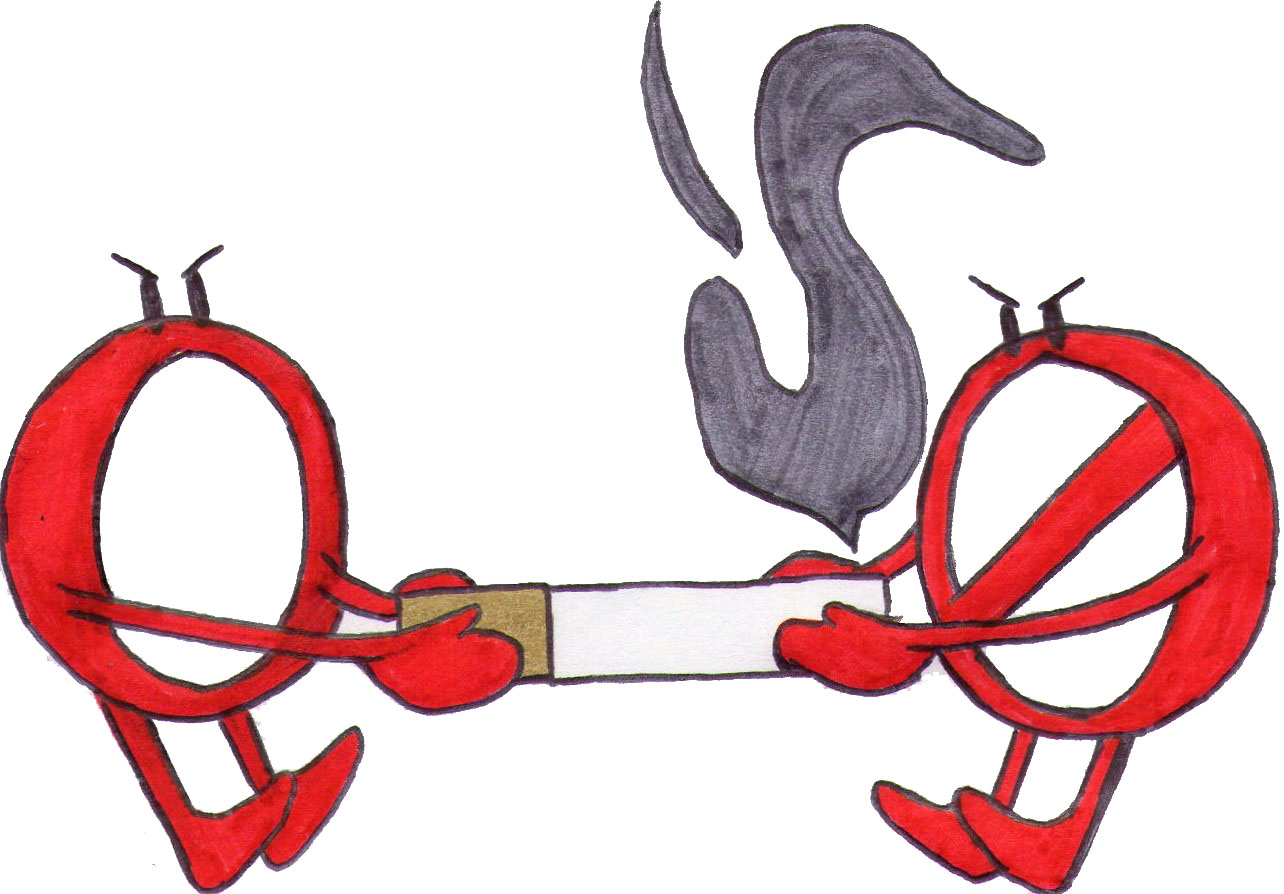Full disclosure: I am not a smoker. But the suggested UC-wide 2014 smoking ban does have me worried.
On Jan. 9, University of California President Mark Yudof sent a letter to the UC chancellors calling on each of them to make their campuses smoke-free within the next 24 months. That means no smoking, chewing tobacco and “the use of unregulated nicotine products” (think electronic cigarettes) will be allowed in both indoor and outdoor spaces.
The smoke-free trend has been gathering steam in recent years, with 586 university campuses nationwide with smoking bans currently in place. And now, UCLA and the rest of the UC campuses will jump on the bandwagon. But this policy, while noble in intention, is faulty in both its implementation and theory.
The first problems lie with its proposed implementation ”“ problems which will now be thrust into the hands of individual UC campuses.
Dianne Klein, a representative for the UC Office of the President, said the ban would be non-punitive, and students caught smoking would be mainly encouraged to quit.
“This is not a police action,” she said.
While the focus on education is indeed encouraging, the university still needs people ““ lots of people ”“ to enforce this ban if it is to be effective. And these people, whether university police or community service officers, still need to be paid.
A smoking ban would be a misguided diversion of university resources at a time when economic pressures are forcing the entire UC system to tighten its belt. As tuition rises dramatically from year to year, students have begun paying more attention to how that money is spent; last quarter’s Occupy UCLA and Fund the UC protests are proof of that.
In order for this program not to go to waste, its benefits must outweigh its costs. But is a blanket smoking ban even necessary?
On a statewide level, smoking in enclosed workplaces has been prohibited in California since 1995.
Here at UCLA, the percentage of students who smoke has been dropping, with 10 percent as the most current estimate, compared to a high of 15.2 in 1967. We seem to be doing alright all by ourselves.
A sanction from a higher power like the UC might actually have the opposite effect. A recent model by David De Cremer, psychologist and professor at London Business School, points out that sanctions aimed at reducing unwanted behaviors can sometimes have the opposite effect, as the violators may see the sanction as playing a compensatory role. That is, the infractors could believe they can simply pay a fine, and get away with smoking.
The truth of the matter, however, is that nobody “gets away” with smoking. The health implications are widely known, and students are aware of these consequences. As adults, we are fully capable of making our own choices about our own health.
Choosing to quit smoking is a personal, individual decision. It cannot be made by some distant entity.
In order to quit, the smoker must want to quit. And no matter how much power the UC wields, it can never force its students to want to do anything.
In November, the UCLA Health System recently imposed a similar ban, which has been likened to this UC-wide restriction. In fact, it is completely different.
The Health System ban was put into place because smoking directly interferes with the purpose of the hospital ““ that is, the improvement of its patients’ health. The purpose of a university, however, is to educate. Smoking, whatever its effects on the respiratory system, does not impair brain function beyond the nicotine receptors. Smoking does not impair learning.
According to Yudof’s letter, the ban was announced because of concerns about the environment, the health of each smoker and the health of people around the smoker exposed to secondhand smoke.
But there are many behaviors which put humans and the environment in jeopardy, which we still allow on campus.
Should the UC ban the use of aerosol sprays from its campuses because of its environmental impact? Should it proscribe the consumption of high-sodium foods because it can be hazardous to our health? Should it prohibit all non-academic use of the Internet because it can be addictive?
It is true that the University of California owns the land. But this does not give them license, as a public institution, to enforce any rules it justifies as beneficial to its students and employees.
Once we start applying private morality to a public system, we leave the door open to a myriad of decisions based more on one man’s concept of right and wrong than on what is actually beneficial for the university.
The ban is certainly well-intentioned; that much is clear. However, leaving a personal decision in the hands of a removed entity is not the right way to go about it.
Instead of a ban, information about smoking cessation programs should be more visible without demonizing the smoker.
In the future, the UC should leave room for input from its subjects before mandating such broad, blanketed solutions.
Do you agree with the UC-wide smoking ban? Email Mirea at nmirea@media.ucla.edu.
Send general comments to opinion@media.ucla.edu.
